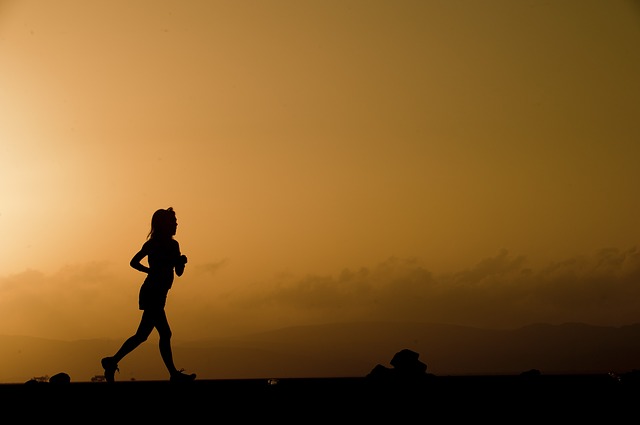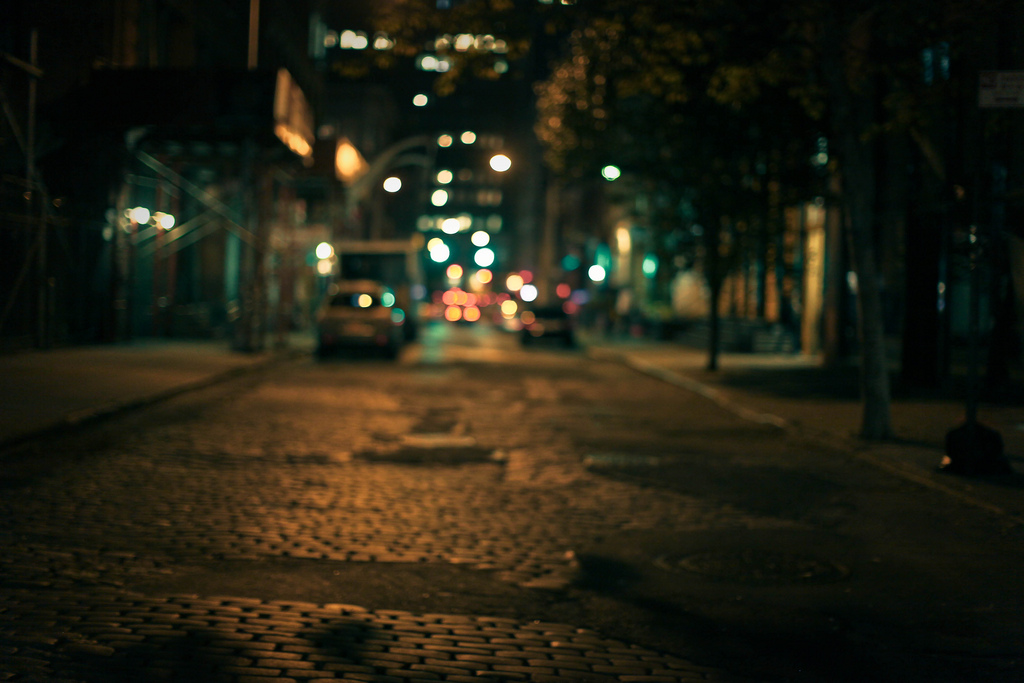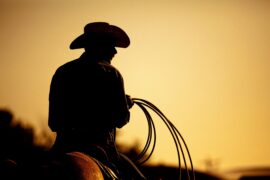Michelle Ross
The park ranger had been condescending. He wouldn’t talk to a group of men that way, the three young women agreed.
They liked running the paved National Park road that cut an eight-mile loop through desert vistas studded thick with wormy saguaros because it was pretty and hilly and, most importantly, got little traffic. Occasionally a cyclist or two passed, more rarely a car or truck, but otherwise they were alone with what lived there. Lone hawks circling the sky. Lizards scuttling beneath prickly shrubs. Once, as the sun set, they’d spotted a rattlesnake gliding placidly across the road. Another time: a desert tortoise trudging slow as tectonic plates.
And there were many other creatures they couldn’t see. That’s what the park ranger had warned about. A sign at the park entrance had long cautioned, “Beware of mountain lions,” but this morning, the park ranger had told them that yesterday a lone runner had reported being stalked by one of the big cats.
“We’re not worried about mountain lions,” Nahala had said to the man. With her long, lean legs, Nahala looked like she just might be able to outrun a mountain lion. Until you saw her actually run. Her stride was bouncy, awkward. Chloë joked sometimes that Nahala had a manufacturing defect. “So sleek on the outside, but then you turn her on, and she chokes and sputters.”
The park ranger had looked them over, said, “Three of you together, the animal probably won’t bother you.” But then he turned his attention to the water bottles the women wore around their waists on Velcro belts. “It’ll be 95 degrees within the hour probably. People underestimate how much water their bodies lose in this dry heat.”
“We’ve run this loop loads of times,” Zade had lied. But the fiction had a ring of truth to it. The point was the women were familiar with this loop, knew the challenges it held in store for them.
They hadn’t run it in June before, though. The sun peaking over the mountain as they climbed the first hill felt like yet another judgmental eye on their bodies, its heat intended to antagonize. Had they brought enough water? Not that they would turn back now. No way.
Chloë said, “I wonder if there’s any scenario in which he would have treated us the same as men. Just waved us in and wished us a nice day. Like maybe if we all dressed like you, Nahala?”
Nahala was the most pragmatic of the three. Ran in the same handful of ratty T-shirts she’d run in since she was fourteen. She gave Chloë shit sometimes about coordinating her overpriced running tops with her hair bands and her socks. Harder to give Zade shit about running in athletic bras and spandex shorts. The desert was hot, after all, and Zade was the serious runner, the one who actually competed in races. Zade could dust the other two if she wanted.
Even as they began their ascent up the steepest, longest climb on the loop, Zade’s running voice was hardly distinguishable from her regular voice. “It’s not about the clothes. It’s about these,” she said, placing her hands on her breasts, “and this,” moving a hand to the inseam of her shorts.
They were running along the left side of the road, only an ankle-high border of cemented rocks between them and the valley stretching out below. When they reached the summit, they would perhaps pause briefly to take in how far they’d come before continuing on.
Nahala said between ragged breaths, “Being female is like operating with a wonky binary code. We may have infinite choices in how we present ourselves and conduct ourselves, but in the end, men read the same output regardless.”
Chloë shook out her arms. “I don’t think that’s quite right. If a woman comes forward with a rape charge or what have you, she’s considered a lot more credible if she dresses conservatively versus sexy.”
“Yeah, but either way, she still got raped,” Nahala said.
“And either way, you can bet she’s going to get a million questions about her drinking and her sex life and why she’s trying to ruin that poor man’s life,” Zade said.
“There’s no pattern of dress that can make a woman’s autonomy and worth of equal value to a man’s,” Nahala said.
They were about halfway up the climb, and though they didn’t appear to be sweating much, all three felt the grit of salt on their skin. Felt the lightness of the water bottles on their belts.
Just then, a jeep approached the women from behind, but instead of passing quietly, the driver pressed the horn three times, as if each honk were a mark for a different woman. A chorus of male voices hollered and whistled. The women startled. Their already-tired hearts picked up pace. When the jeep passed, they watched the flat silhouettes of naked, big-boobed women bounce and swing with the jeep’s mud flaps. Watched the jeep crest the hill and disappear.
As slow as the women were moving up that hill, they knew they’d probably make the same time if they walked. But still, they kept running.
Michelle Ross is the author of There’s So Much They Haven’t Told You (2017), which won the 2016 Moon City Press Short Fiction Award. Her fiction has recently appeared or is forthcoming in Alaska Quarterly Review, Colorado Review, Okay Donkey, Pidgeonholes, Electric Literature’s Recommended Reading, and other venues. She is fiction editor of Atticus Review. She lives in Tucson, Arizona. www.michellenross.com



